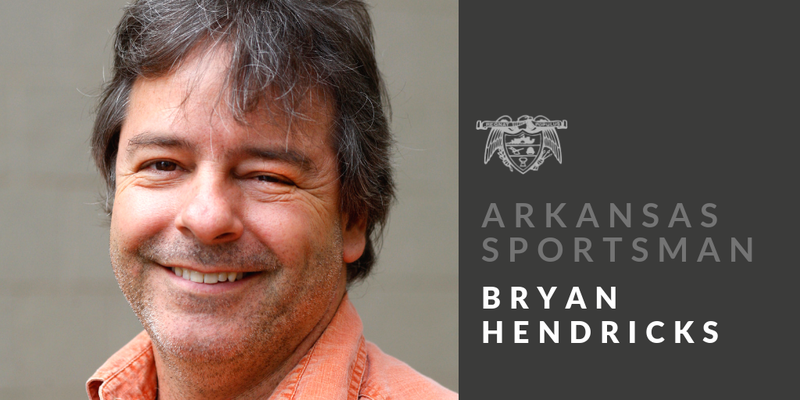I am conflicted.
On social media hunting sites, people often post photos of coyotes and bobcats they've killed with text that says something like, "Another fawn eater bites the dust."
In the spring, about 1.5 million deer will be competing for limited resources in forests and fields that are not managed for wildlife. The fields are especially problematic because they grow cash crops. Farmers resent deer eating their corn and soybeans.
Also, high deer densities are said to contribute to the spread of chronic wasting disease.
Consequently, the Arkansas Game and Fish Commission believes a much smaller deer herd would be a healthier deer herd. Hunters don't kill enough deer to reduce the population, nor do poachers or motor vehicles. Obviously, coyotes don't kill enough to reduce the population, either. Therefore, the notion of killing predators to benefit deer is misguided.
In response, one might counter that coyotes and bobcats also kill a lot of wild turkey and bobwhite quail.
While true, but I have never seen a dead predator post that says, "Another turkey eater bites the dust!" I doubt I will never see one that says, "Another quail eater bites the dust!" The argument would be more tenable on either basis.
For obvious reasons, coyotes and bobcats kill young fawns and weak or sick adult deer. In areas with high prevalence of chronic wasting disease, deer that are sick with CWD are especially vulnerable. Those in the advanced stage of the disease do not have the cognitive ability to recognize predators, nor the physical ability to flee from predators. Therefore, CWD-stricken deer should be prime targets for predators.
Therefore, predators reduce the numbers of CWD infected animals and, by extension, help control the spread of CWD.
Turkey hunting is my No. 1 passion. Quail hunting ranks equal to deer hunting. If I hunted predators, I would justify it on the basis of the damage they inflict on struggling and at-risk populations of ground nesting birds, especially game birds. I encourage predator hunting on that basis, as well. Deer don't need any help. Turkeys, quail and other birds do.
In some circles, it is fashionable to advocate reintroducing red wolves to Arkansas, to which they are native. Unregulated killing reduced them to unsustainable numbers across the South. Coyotes filled their niche, and the few remaining red wolves hybridized with coyotes.
Every scientific analysis I have read postulates that it is not possible to reintroduce enough red wolves to compete with coyotes, let alone out-compete coyotes. They would be overwhelmed, displaced or assimilated.
If I could choose, I prefer red wolves over coyotes. If hunting coyotes facilitates that end, then I recommend hunting coyotes on that basis, as well.
For obvious reasons, stockmen oppose wolf reintroduction. However, the new Enchancing Wildlife Conservation bill working its way through Congress contains provisions to pay citizens for property damage from federally reintroduced wildlife species. That is a tacit reference to red wolves and Florida panthers, the latter of which are also native to Arkansas. The Ouachita National Forest management plan mentions the Ouachita National Forest as suitable reintroduction habitat for panthers.
Speaking of wild turkeys, the Game and Fish Commission floated an idea in October to create an elective wild turkey conservation stamp similar to the bobwhite quail stamp. The proposed cost would be $9.50. Revenue would be dedicated to wild turkey programs and to improving turkey habitat across the state.
Strategically, the Game and Fish Commission would be proactive to pivot its priorities toward turkeys, quail and other sustainable, non-problematic game populations.
Chronic wasting disease is ascendent, uncontrollable and incurable. A significantly smaller deer herd will reduce deer hunting opportunity. Public concerns about the safety of eating venison will probably affect deer hunting participation.
These concerns do not exist with turkeys and quail.
Because of CWD, the high-water mark has ebbed for deer hunting in Arkansas. Time and circumstance are ripe for the AGFC to pivot and redirect its consumer priorities to other species that are limited only by habitat, and not disease.
Sports on 01/05/2020
